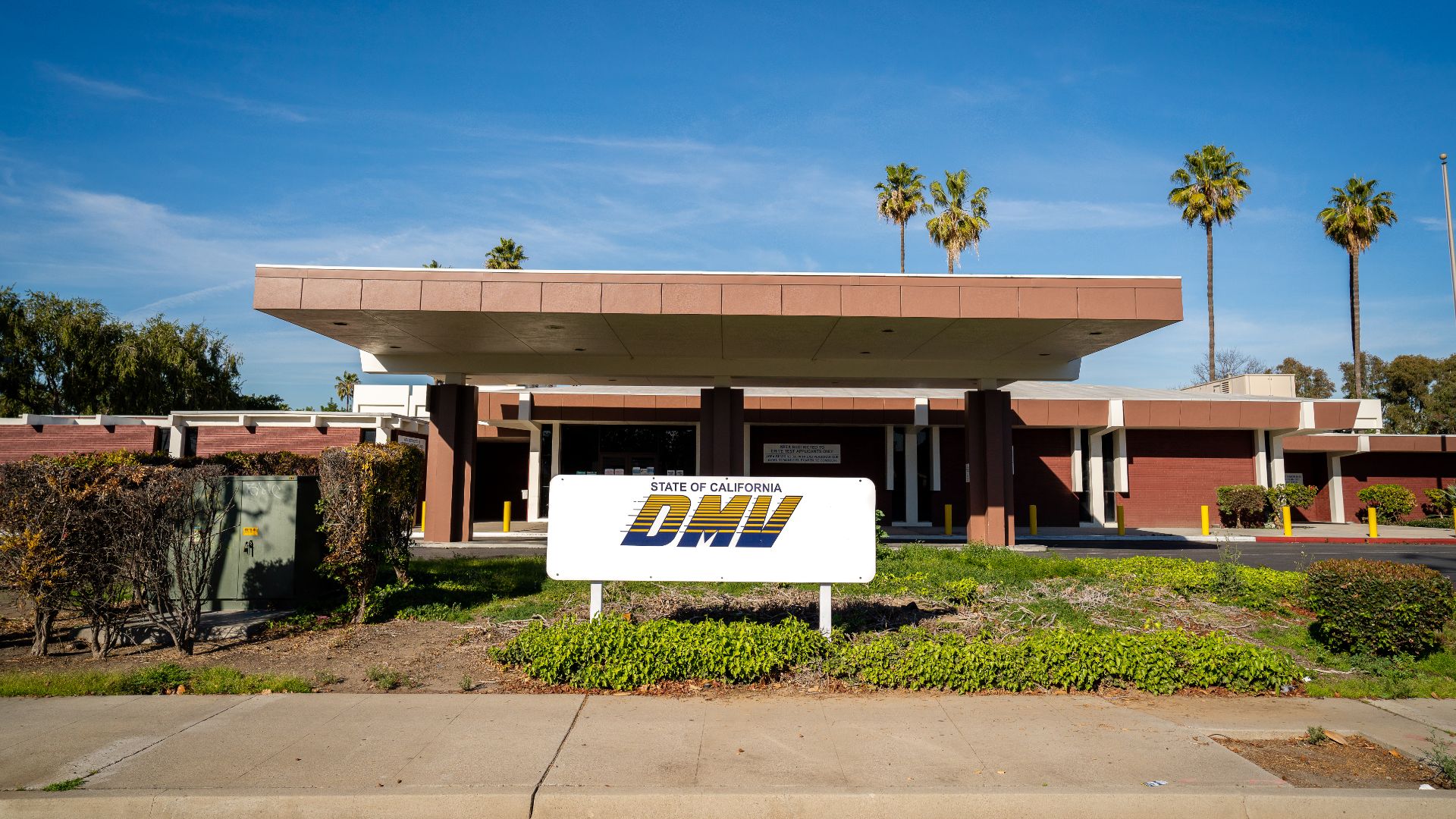DMV definition and meaning

The Department of Motor Vehicles (DMV) is responsible for issuing driver’s licenses, registering vehicles, and maintaining records. The DMV also plays a role in enforcing traffic laws and investigating accidents. In some states, the DMV is also responsible for issuing ID cards, registering boats, and handling other types of vehicles.
The department is usually overseen by the state’s transportation agency. In some states, the DMV is a part of the transportation agency, while in others it is a separate agency. The majority of DMVs are located within the state’s capital city, but some states have multiple locations.
The DMV can be a valuable resource for drivers. In addition to issuing licenses and registering vehicles, the DMV can provide information on traffic laws, road conditions, and other useful topics. The DMV can also help drivers resolve problems with their licenses or registration.
Drivers in need of assistance can contact their nearest DMV office or visit the DMV website. Many DMVs offer online services, such as renewing a driver’s license or ordering a new license plate.